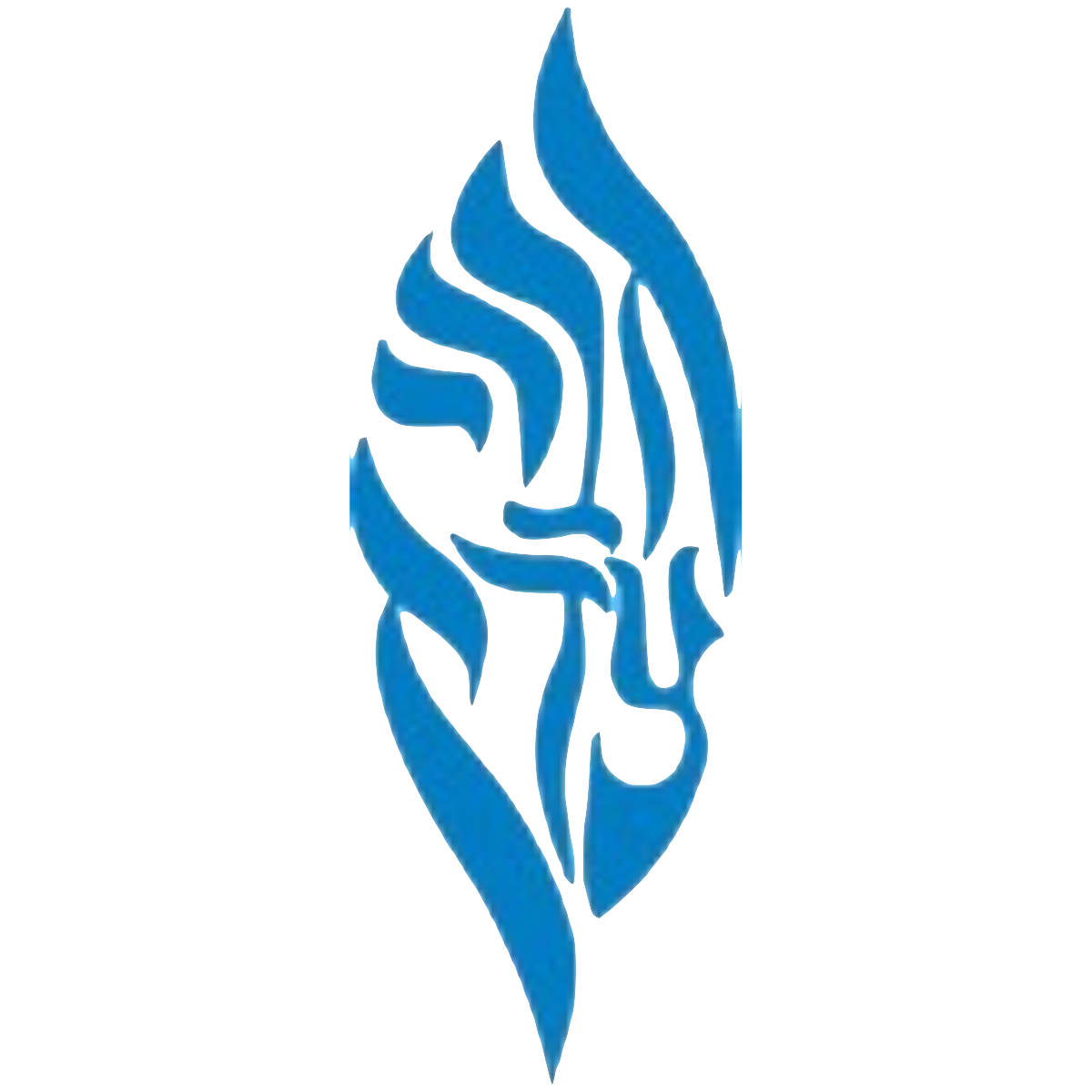This Shabbat is known as Shabbat Ḥazon, the Shabbat of vision, so named in connection with the opening words of the haftarah: חֲזוֹן יְשַׁעְיָהוּ | Ḥazon Yishayahu, “The vision of Isaiah.” (Isaiah 1:1) It’s a tough Shabbat, liturgically and emotionally, with the focus not entirely on our day of rest, but looking ahead to Tisha b’Av, the upcoming fast day. The intensity of Shabbat Ḥazon is magnified this year, with Tisha b’Av coming immediately on the heels of Shabbat, starting on Saturday night.
The core readings for this Shabbat, Parashat Devarim and the haftarah from the first chapter of Isaiah, are filled with themes that fit right in with Tisha b’Av – a recounting of the people’s many sins, their disobedience and corruption, the grave punishments they received, with hints of hope here and there, speaking to the possibility of repair and renewal.
As I have written before, Tisha b’Av is the most mournful day of the Jewish year, a day on which we not only commemorate the destruction of the Holy Temples, but which we also connect to terrible events from throughout Jewish history. It is certainly true that some of the catastrophes we link to Tisha b’Av did not take place precisely on that date; and it is also true that many of the awful events we pin to that day did actually happen on the 9th of Av. The day is like fly paper for tragedy.
The act of understanding our history as refracted through the prism of Tisha b’Av is not something we only do at this time of year. Throughout our yearly cycle of Torah study, we strive to understand our sacred texts not only in their original context, but also as a way to add meaning to our contemporary lives. We don’t have to work very hard this week to see how the parashah and the haftarah are applicable to today.
Parashat Devarim starts with Moshe giving the people a condensed version of their own story. It is not, in this retelling, a story of miracles and nationhood. It is instead a story of a fractious and difficult people. They are too burdensome for Moshe to handle alone, too stubborn and fearful to enter the land when God commands, and not even able to stay as one people when they are finally ready to enter the land, leaving two and a half tribes outside its borders, effectively dividing the people.
The haftarah creates an even bleaker picture, speaking of unrepentant evil, rebellion against God, and the twin punishments of destruction and starvation. “Your land is a waste, your cities burnt down; before your eyes, the yield of your soil is consumed by strangers — a wasteland.” (Isaiah 1:7) The prophet makes it clear that the people’s suffering is due to their own sins: “The faithful city that was filled with justice, where righteousness dwelt — but now murderers.” (Isaiah 1:21)
Both the sins described in our readings for this week and their consequences feel familiar to me. Intransigence and indifference, rampant corruption, religious hypocrisy on the one side and seemingly endless conflict, destruction, and exile on the other. We really don’t have to look very hard to see the parallels between these texts and our world today. Both the devastation described in these readings, especially the haftarah, and their proximity to Tisha b’Av might easily lead us to look at the state of affairs in our world today and to feel a sense of despair, to see these tragic outcomes as inevitable.
And yet – both the parashah and the haftarah give us glimmers of hope for blessing and renewal. Parashat Devarim tells us over and over again not to be paralyzed by fear and promises God’s blessing. The haftarah emphasizes that even grave sins can be forgiven, and speaks of repair and return.
There is one crucial difference in how the parashah and the haftarah engage with these themes. The Torah speaks of God’s deliverance and God’s blessing. Very little is left in the hands of the people. In contrast, Isaiah puts the responsibility on us: “Wash yourselves clean; put your evil doings away from My sight. Cease to do evil; learn to do good. Devote yourselves to justice; aid the wronged. Uphold the rights of the orphan; defend the cause of the widow.” (Isaiah 1:16-17)
The challenges we face today are real and significant – just as they were in the time of Isaiah. The path toward resolution is also the same: pursuing justice, righting wrongs, ensuring that people’s rights are respected, and lifting up those who need our help the most.
This weekend, we have the opportunity to take direct action in the spirit of Isaiah’s prophecy. As I’ve written and spoken about before, Chevrei Tzedek is one of the cosponsors of JUFJ’s Tisha b’Av gathering, protesting the massive escalation in ICE arresting, detaining, and deporting immigrants. I am happy to see so many names from our community already on the registration list, and I’d love to see even more. Please click here for more information and to register.
Wishing us all a Shabbat shalom and a meaningful Tisha b’Av.
